Anora is a film directed by Sean Baker, which won the Palme d’Or at the Cannes Festival. The movie is in my opinion, a critique of modern capitalist values, exploring the tension between traditional human principles and the superficiality of contemporary society where genuine experiences and relationships are progressively replaced by symbols, signs perhaps even simulacra.
In this article, we will explore why the themes of this movie are particularly compelling, highlighting a profound issue within Western societies that are increasingly losing their sense of meaning.
A reminder of what The Bible has been warning against greed and prioritizing wealth, emphasizing in Luke 12:15 and Matthew 6:24 that life’s true value lies beyond material possessions and that one cannot serve both God and money.
The Sacred vs. The Superficial
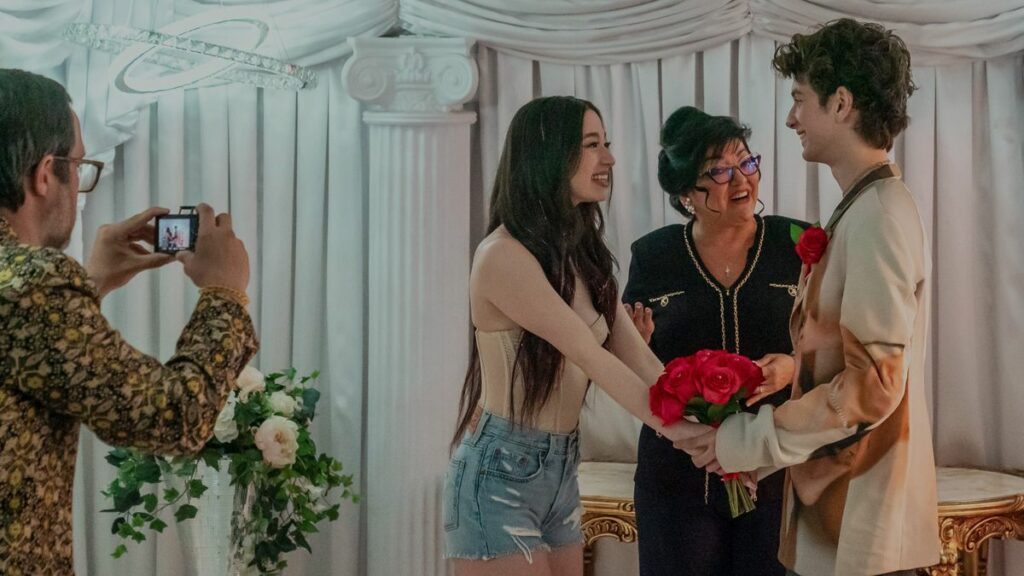
The film highlights the evolution of how society values sex, intimacy and intimate relationship, particularly with the advent of contraceptive methods that paved the way for casual encounters. Once considered sacred—reserved for married couples—sex was historically intertwined with deeper meanings, not just because of the risk of pregnancy but as a means of profound physical and spiritual connection.
This is why the ending, where Igor attempts to kiss Anora, feels so impactful. Anora’s breakdown in this moment reflects the deeper significance of intimacy. It’s reminiscent of the unwritten rule among sex workers to avoid kissing clients—a gesture reserved for genuine connection, love, and passion rather than mere transaction.
Casual sex, especially when pursued without regard for emotional consequences, can even be viewed as psychopathic in men. Women, as a general trend, often seek long-term connections, making the one-sided pursuit of fleeting encounters exploitative and devoid of empathy. In this light, the film critiques the shallow commodification of intimacy, showing the emotional void left by casual encounters devoid of real connection.
Wealth and Its Illusions
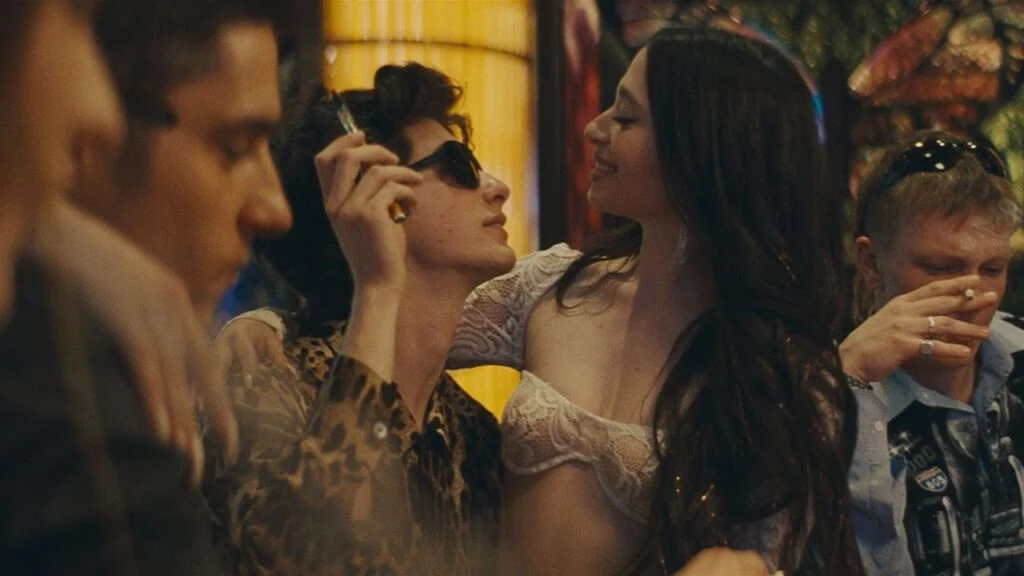
In today’s society, wealth is often seen as the ultimate marker of value, promising comfort, status, and opportunity. However, wealth alone does not necessarily equate to competence or virtue. Ivan, for instance, embodies the stereotype of the spoiled heir—privileged but immature, incapable of taking on responsibilities or growing into true manhood, which requires discipline and the ability to sacrifice short-term pleasures for long-term responsibilities.
The film also critiques how wealth is frequently acquired through immoral means, raising questions about trust and societal contribution. Take OnlyFans, for instance, where some women can earn six or seven figures a month simply by selling explicit content to men seeking gratification.
True value, it suggests, lies not in material wealth but in being a net positive force within a community—a role that demands competence, morality, and selflessness. In contrast to Ivan’s shallow affluence, Igor represents a deeper, more genuine form of wealth rooted in character and integrity. Naturally, these qualities are at odds with the values of modern free market societies, which means they don’t always resonate with the broader audience.
Servitude vs. Exploitation
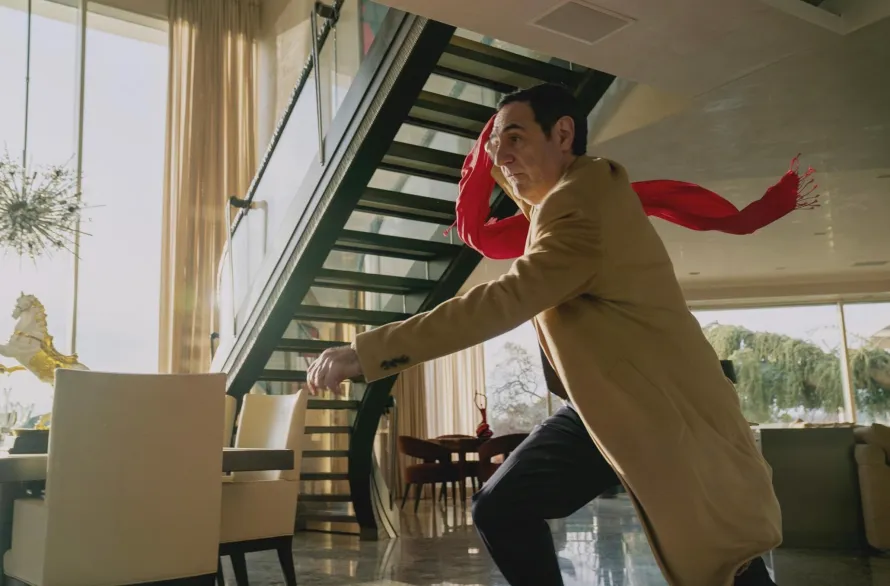
In the movie Anora, Ivan’s disappearance triggers a frantic pursuit by a multitude of people, resembling a crowd scrambling for bread, as they perceive their livelihoods to be at stake. This segment of the movie offers a touch of comedy while delving into the theme of servitude and exploitation driven by money.
Toros for example, is the oligarch family’s butler and a silent observer of the household’s dynamics. His character represents another form of servitude, though one cloaked in quiet dignity. Unlike the other characters entangled in power struggles or moral compromises, Toros serves the family with apparent loyalty, yet his actions suggest a nuanced perspective on their decadence and corruption.
While outwardly subservient, Toros’s demeanor and occasional gestures hint at a deeper understanding of the flawed moral fabric around him. His role is both functional and symbolic, emphasizing the contrast between the elite’s excesses and the quiet resilience of those who exist on the periphery of their world.
Moral Strength vs. Moral Weakness
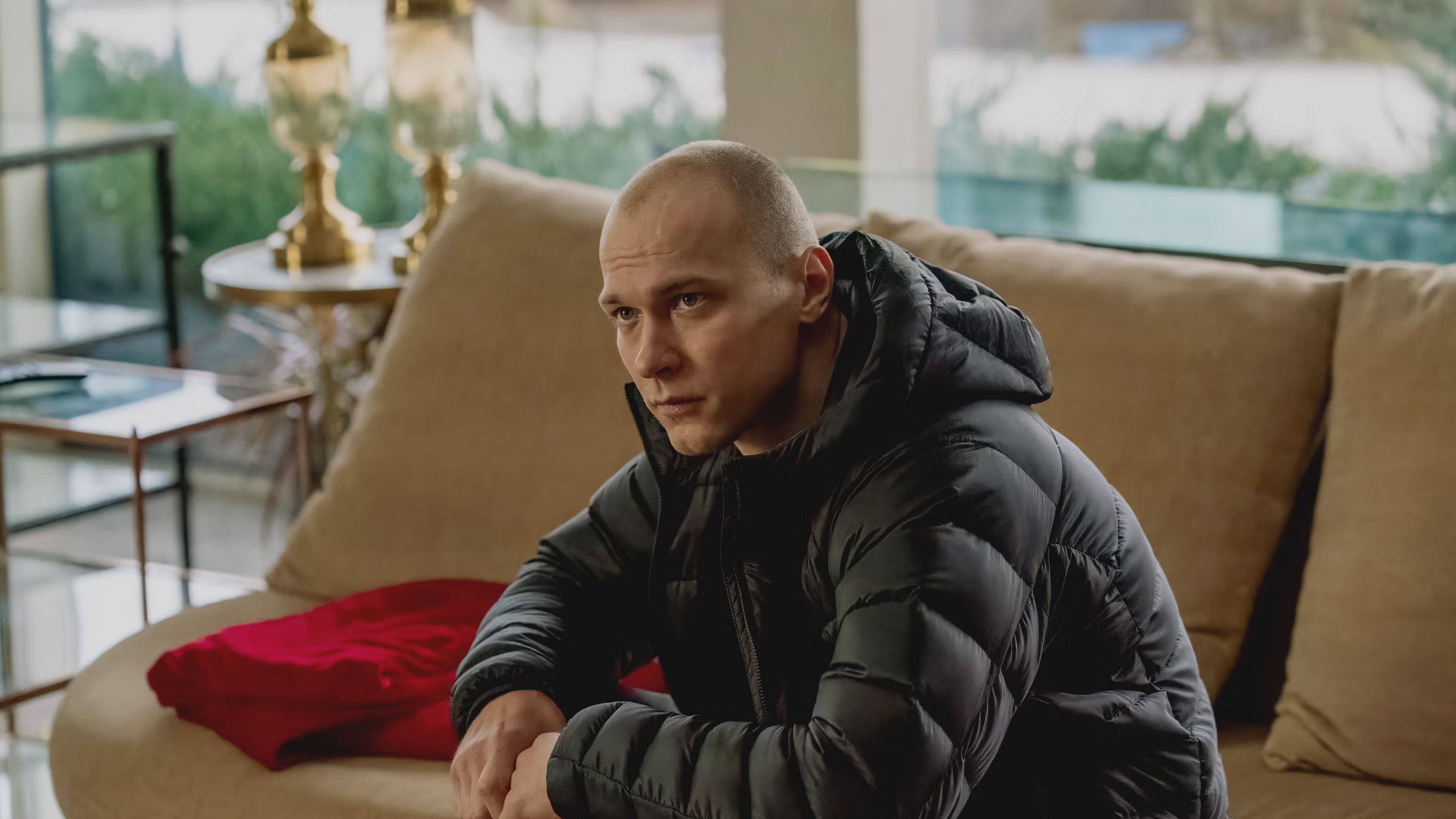
In society with corrupted values, moral men are often dismissed as weak, too timid to claim what they desire. Igor’s character challenges this notion. His compassion, humility, and selflessness demonstrate strength rather than weakness. His willingness to prioritize others’ well-being over his own desires reflects a depth of character that stands in stark opposition to Ivan’s entitlement.
Anora’s initial treatment of Igor echoes Nietzsche’s critique of moral individuals as “too afraid to sin.” or to exert their “will to power”. But Igor’s actions show that his restraint isn’t born of fear—it’s a deliberate choice to uphold humanity and decency, even at the cost of personal gain. He is sacrificing for his ideal. His moral fortitude ultimately proves to be a strength, highlighting the value of preserving one’s integrity in a world that often rewards selfishness.
Authenticity vs. Societal Expectations
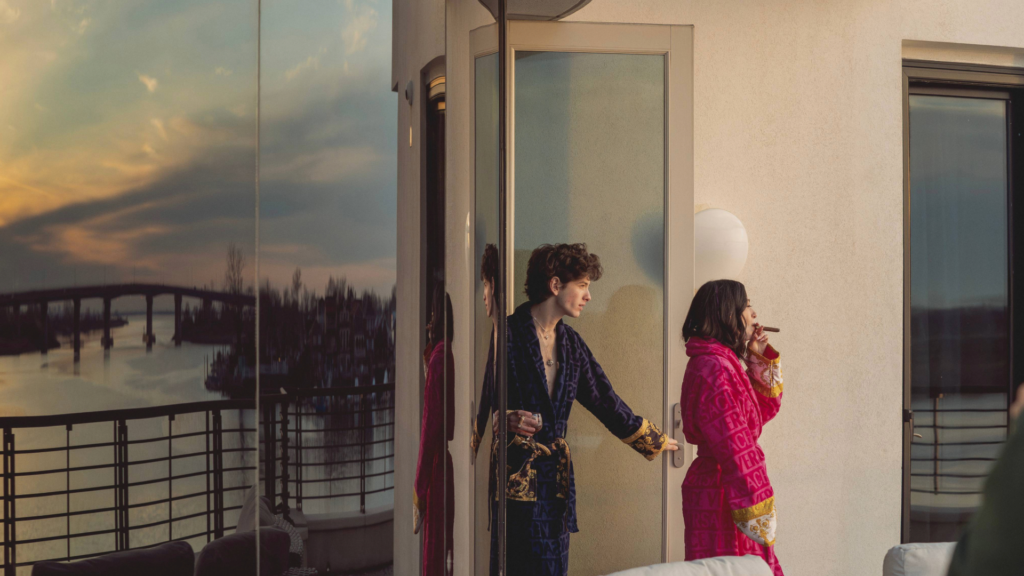
The film’s conclusion serves as a poignant reminder that authenticity and morality are deeply ingrained in human nature, transcending the shallow constructs of modern society. Ivan, the son of a Russian oligarch, embodies the societal ideal of wealth and hedonism, but his life lacks substance and meaning. In contrast, Igor, though modest in material terms, represents authenticity, depth, and true connection.
While the ending leaves the future uncertain, it invites viewers to imagine a life of meaning and spiritual fulfillment for Igor and Anora—a relationship based on genuine connection rather than superficial appearances. In contrast, Ivan and Anora’s relationship symbolizes the emptiness of materialism, a glittering façade devoid of depth or purpose. A life where one would be willing to live with people they genuinely hate, just to fulfill this sense of success and social approval. The ultimate price to pay for modern hypergamy.
Human Connection vs. Transactional Relationships

Have you ever noticed how difficult it is to form genuine human connections in a superficial domain dominated by transactional relationships?
Anora delves deeply into this subject, with its main protagonist being a sex worker—a profession that epitomizes transactional relationships. This is evident early on, as strippers are shown feigning enjoyment while dancing with customers, even those they secretly despise.
The higher your position in society, the more compromised your morality often becomes. Climbing the social hierarchy frequently demands greater sacrifices of ethical principles. This is precisely why Jesus was a carpenter and not an oligarch or politician.
Politicians are essentially sending young men to be torn apart in the name of resource competition, while they stay safe in their bunkers. Oligarchs are essentially individuals who often profit from the exploitation of natural or human resources, as highlighted in Terrence Malick’s Days of Heaven.
This is the inevitable result of nihilism and cynicism: a world where human value is only recognized if one can ascend the power ladder. From this perspective, the general population is rendered both expendable and exploitable.
The Loss of Meaning in Modernity
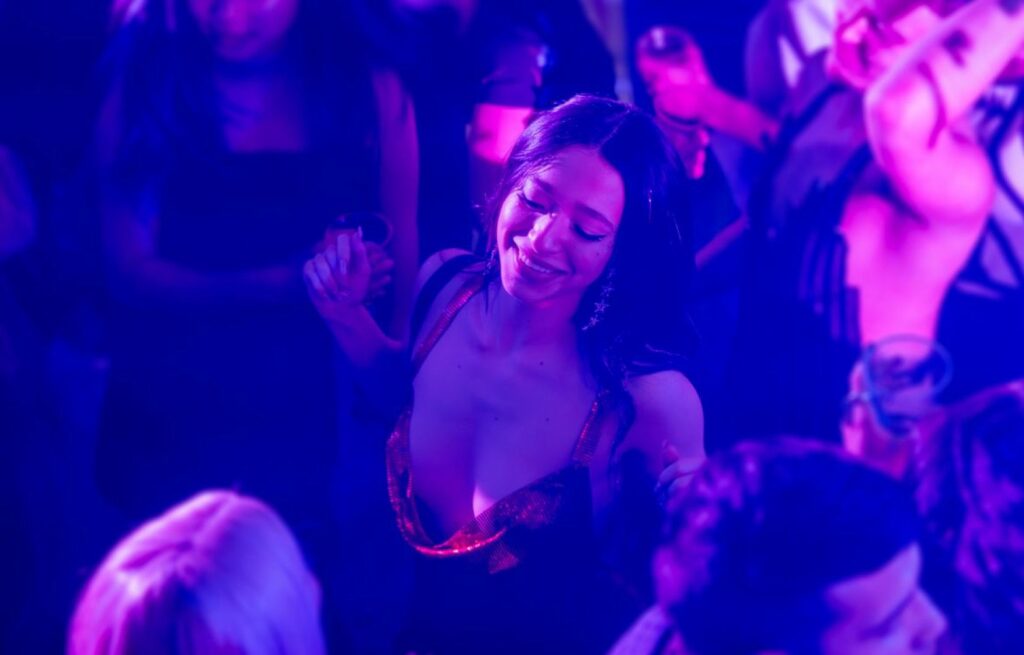
The film critiques the emptiness of modern Western societies, where the pursuit of wealth, status, and pleasure overshadows deeper values. Relationships become transactional, intimacy is commodified, and moral principles are sacrificed for superficial success, leaving individuals disconnected and unfulfilled.
In contrast, it celebrates humanity, compassion, and authenticity, showing that true fulfillment lies in meaningful connections and living with integrity. Characters who embody these virtues highlight the richness of a life grounded in love and morality, challenging societal norms that prioritize materialism.
Ultimately, the film calls for a return to values that nurture the human spirit. It contrasts the hollow allure of wealth and status with the quiet strength of authenticity, urging viewers to reflect on what truly matters in the pursuit of a meaningful life.
Deep-rooted morality vs. superficially adapted morality
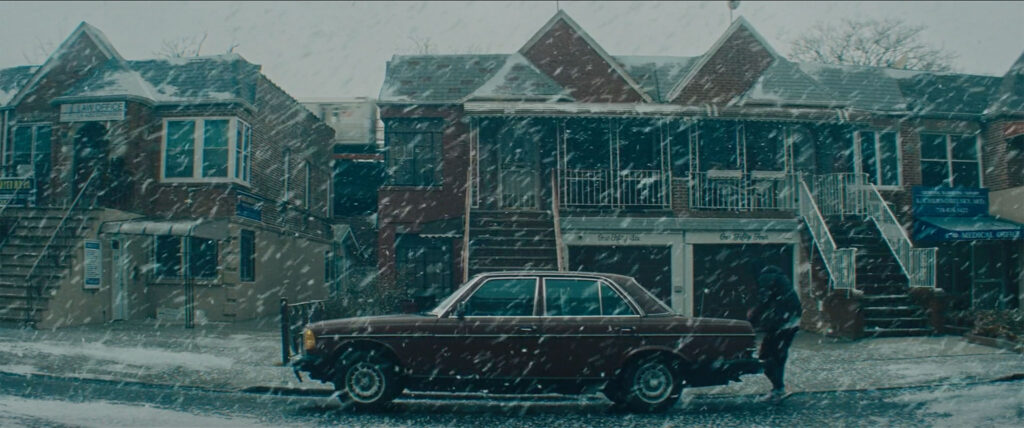
A metaphor that encapsulates Igor’s morality, as seen through Anora’s perspective, is his car. To Anora, Igor resembles his car—modest, old-fashioned, and unpretentious—standing in stark contrast to the flashy collection owned by Ivan’s family, which epitomizes conspicuous consumption, Zahavian signaling and abundance. Igor responds by revealing that the car belongs to his grandmother, highlighting his deep sense of family, respect for ancestral wisdom, and appreciation for sentimental and spiritual value over purely materialistic value.
This contrasts with Ivan, whose cars are registered under his parents’ names, and who is neither permitted nor capable of driving them. They are just objects to impress his guests essentially.

At first glance, Anora appears confident in her belief system. However, when Igor gives her the ring and bring her suitcases up under the snow—a gesture that, in my view, is a purely benevolent reflection of his character—it triggers a response of reciprocity in Anora, whose primary way of giving back has always been through sex.

When Igor attempts to kiss her, seeking genuine connection and the possibility of a real relationship, she breaks down, revealing the inner conflict between her current reality and her deeper sense of self. This act of generosity begins to unravel her façade, as doubts and reflections on her true moral values surface.
Some might suggest that her tears stem from the trauma of having her dreams crushed and being rejected by the oligarch family. While this may contribute, it doesn’t fully explain why she breaks down at the exact moment Igor tries to kiss her. Another perspective is that she feels disappointed, thinking her relationship with Igor might also be transactional after all leaving no place for real connection. However, this theory falls apart as Igor’s response—stopping and comforting her with genuine empathy—proves his intentions are sincere and heartfelt.
Interestingly, both Igor’s car and the most prominent car in Ivan’s family fleet are Mercedes, but they represent vastly different values. Igor drives an old Mercedes-Benz W123, a symbol of the brand’s 1980s focus on delivering top-notch quality at a relatively affordable price, especially in today’s second hand market.
In contrast, Ivan’s family flaunts a brand new 2020’s G-Wagon, a vehicle that costs as much as an apartment and is rarely used for its intended off-road capabilities, serving instead as a blatant status symbol. Drawing a metaphorical parallel to the societal decline between these two eras of social values.
Redemption and the Pursuit of a True Life

The ending of the film offers hope for redemption, showing that a modest life, rooted in humility, compassion, and authenticity, can hold profound meaning. It contrasts the emptiness of materialism with the richness of a purpose-driven, spiritually connected existence, suggesting that true fulfillment comes not from wealth, but from meaningful relationships and personal integrity.
Characters who pursue material success may appear to have it all, but they are ultimately unfulfilled, disconnected from people and reality. In contrast, those who embrace authenticity find a deeper sense of purpose and connection. The film underscores that a life aligned with deeper values can offer a fulfillment that material wealth cannot.
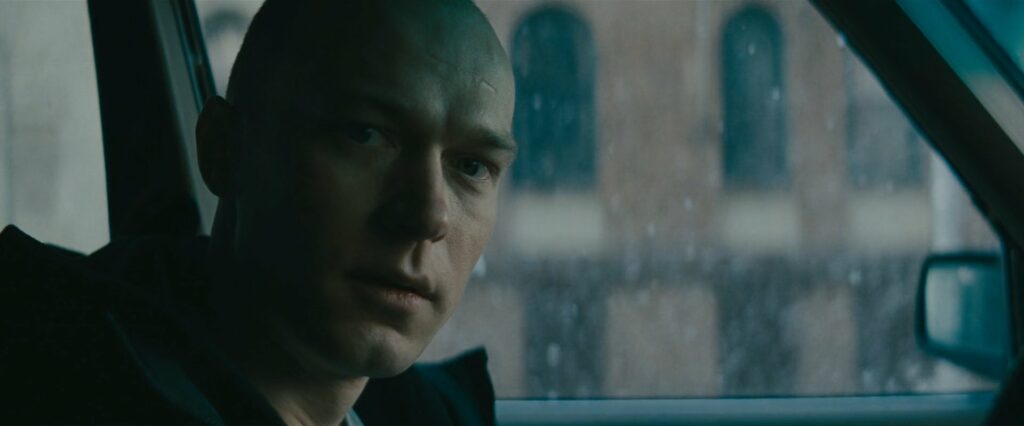
Ultimately, the ending encourages viewers to reconsider their priorities, reminding them that redemption and true happiness lie in simplicity, human connection, and spiritual depth, rather than in the pursuit of status or possessions.
Conclusion
In a world where individuals are becoming increasingly detached from their communities on a physical and deeper level, it is harder to discern the true consequences of immoral behavior.
For instance, in the past, divorcing just days after marriage would have been met with judgment from a close-knit community. Today, in a society that is less interconnected, such actions often carry little to no social repercussions.
This shift has led to behaviors that are praised on social media, creating the illusion of a moral evolution. However, these so-called modern morals may still be deeply anchored in our biology—or possibly in a deeper reality beyond our comprehension. This helps explain the emotional detachment and profound emptiness felt by those who follow this path. In a way, they are undermining the richness of their own fleeting human experience, as well as that of others.
This is akin to collecting rare books just to fill a shelf, never reading them or appreciating the stories inside.
Moreover, the portrayal of Russian oligarchs serves as a subtle critique of the hierarchy of servitude and exploitation inherent in a society where money operates as a master, determined by who can most effectively privatize and exploit the earth’s shared resources to control others—a concept that carries an ironic undertone.


GIPHY App Key not set. Please check settings